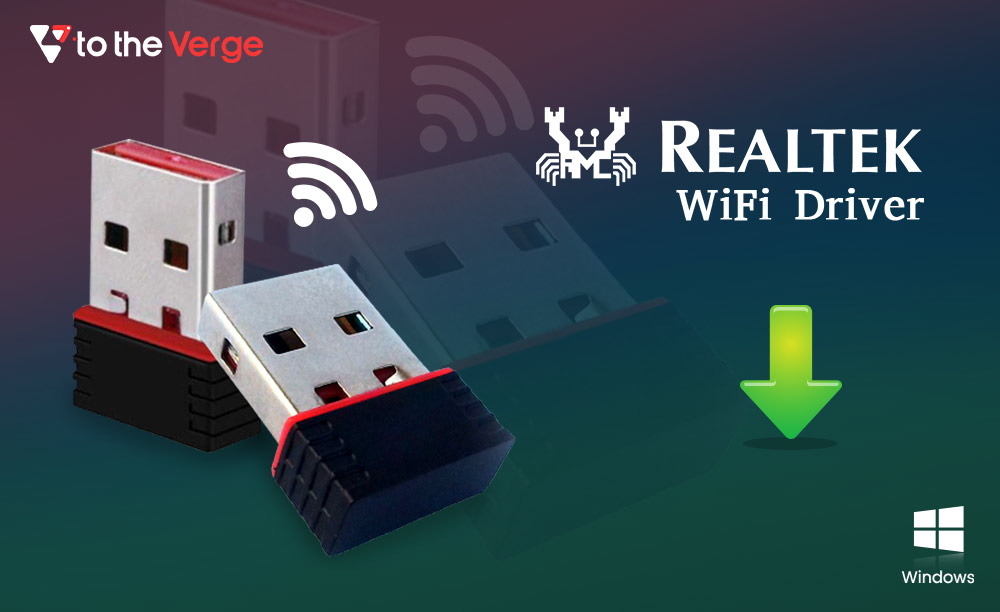India is recognized as one of the largest economies worldwide. With a population of 1.4 billion, nearly a fifth of humanity, it occupies a vital position in major global decisions and changes. Adding to this, India is expected to become the most prominent app developer base in the world by 2024. All these factors probably add to people’s anticipation about India’s role and contribution to the metaverse.
On 2nd March 2022, Mark Zuckerberg, the co-founder, and CEO of Meta expressed his eagerness about the future of the metaverse and India’s role in the metaverse economy during the Fuel for India 2021 summit organized by Meta. He said, “The reason why India is so exciting to me is two things that combined together make for something special — the entrepreneurial spirit combined with the scale of what can happen. That is what is fuelling a lot of the internet economy in India already, but it also makes me so optimistic about the future here.”
On the same grounds, Ajit Mohan, who is Meta Platforms’ VP and MD in India, said, “I think the question for India is ‘how do we make sure we’re playing a material role in contributing to the shape of what the Metaverse becomes through our ideas, entrepreneurial energy and through developers. Doing so would expand the opportunities for the country’s people as well.” Meta India has been supporting entrepreneurs through ideas like the Small Business Loans Initiative.
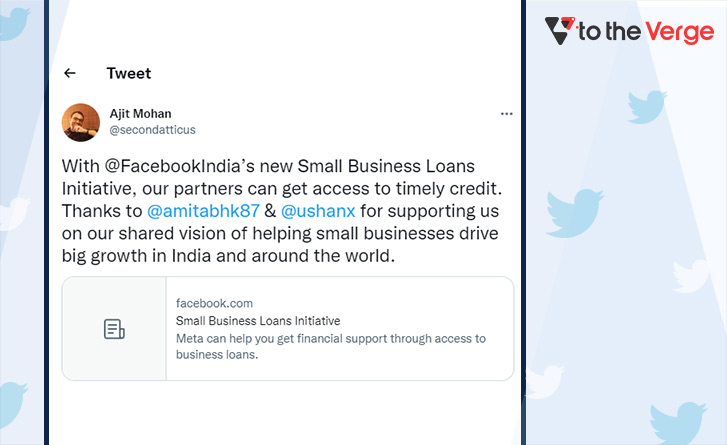
Digital technology is increasingly dominating the world. Hindol Sengupta, Vice President & Head of Research at Invest India, GoI’s national investment promotion agency, recently wrote an article elucidating how India can capitalize on the metaverse economy. He emphasized that India could hope to lead in many ways as the biggest supplier of software talent globally. The evolving Digital India infrastructure could pave the path for India’s leadership in the metaverse world.
India operates the world’s most extensive digital-based identity system. The Aadhar identity number powers every aspect of citizens’ interaction with the state in the country. In addition to that, India is building a digital stack to provide health services via digital technology and a unique record that stores the medical details of every citizen, which would then be integrated with private digital payment giants.
It is believed that these mechanisms would change the way people consider their identity. According to Hindol, Digital India infrastructure would be preparatory to fuel the transition to a digital economy and the metaverse, which shall impact individuals, societies, governments, and the idea of nationhood, altogether.
According to a report by technology forecaster Gartner, it is estimated that by 2026, 25% of people would spend at least one hour a day in the metaverse for work, shopping, education, social, or entertainment. Gaming is viewed as the most immersive medium, given the youngster’s engagement with Pub-G, Minecraft, and Roblox games. In a report, multinational communication group WPP stated that China, India, and other markets with surging populations of high net-worth and HENRY (high earning, not affluent yet) populations are places where several young people spend time in the gaming world. In another report by KPMG, India had the highest game downloads in the casual mobile gaming sub-segment globally (excluding China) in 2020, with downloads between the first and third quarters of that year at 7.3 billion, accounting for 17% of global mobile game downloads.
Given these reports and a compound annual growth rate of 38% of the gaming industry in India, opportunities would increase in 3D animation, testers, VX, and application development that would be the steps towards the metaverse.
Read here about: Gaming in the Metaverse
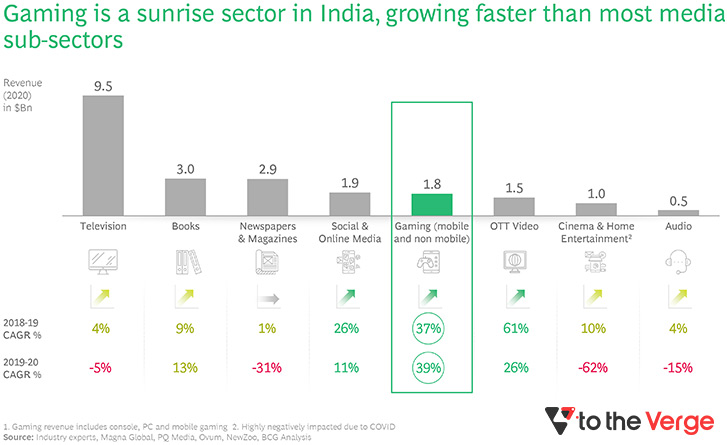
Anshul Rustaggi, the founder of mobile gaming specialist Totality Corp., said in an interview with the Economic Times, “What the US did with Web 1.0 and what China did with Web 2.0, India’s time for Web 3.0 is actually now, and this is a very positive move to recognize it and to move in that direction because the fundamental forces are already in place.” He added that cryptocurrency helps transfer economic value, an essential part of any sustainable ecosystem. Therefore given the government’s digital assets and digital currency announcement in the budget, if they intend to restrict people’s options of cryptocurrency or digital assets, it will impact decentralization, thus affecting the true essence of Web3.0.
Summary
It’s not yet concrete in what ways and methods India would play an essential part in the global metaverse economy. It may ramp up the Web3 revolution, given its diverse talent pool and developing digital infrastructure. According to tech experts and leaders in the industry, being the youngest population globally would significantly add to the demand for games in the subcontinent. Hence, positive growth in the adoption of NFTs, crypto, and other digital assets may be seen in the future. All these factors would play a role in catalyzing the country’s move towards the metaverse. Though the nation has all the potential to offer a breakthrough, only time will tell its definitive role in the new future space.
Nitisha Lal is a writer enthusiastic and curious to learn new things. Currently, she writes about the latest developments in technology, particularly around Web3 and the Metaverse. She enjoys nature walks, capturing the world around her on the phone, or reading books when away from work.

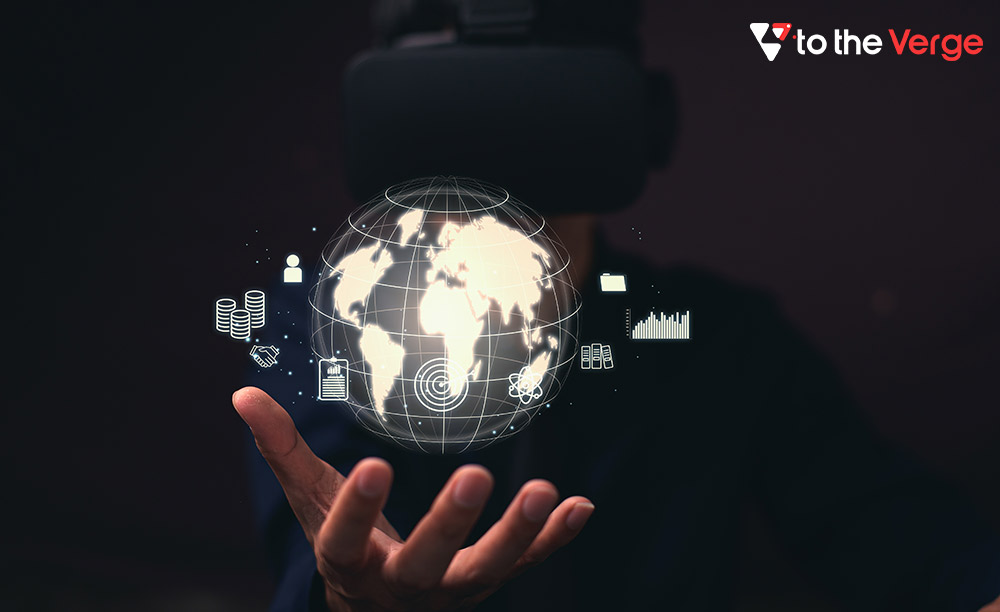
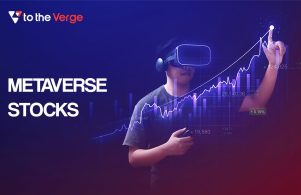



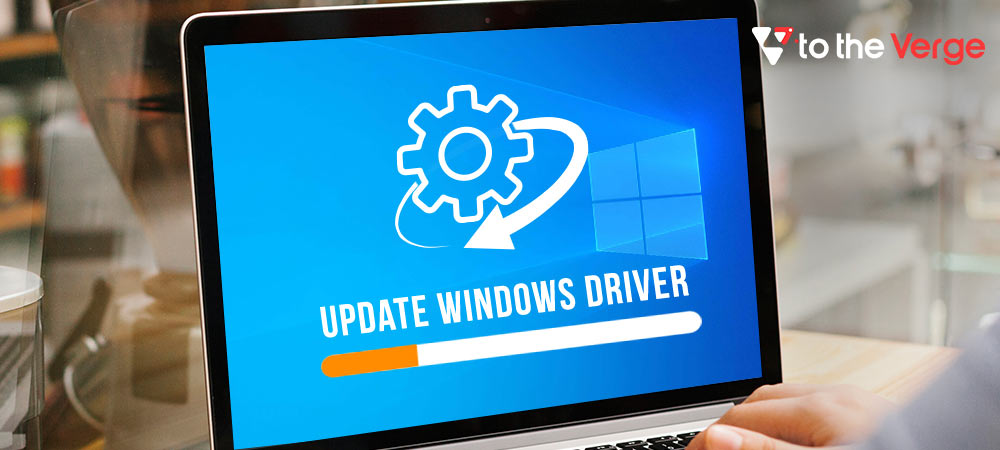
![How to Update and Reinstall Keyboard Drivers on Windows 10/11 [A Guide]](https://wpcontent.totheverge.com/totheverge/wp-content/uploads/2023/06/05062841/How-to-Update-and-Re-install-Keyyboard-Drivers-on-Windows-10.jpg)
